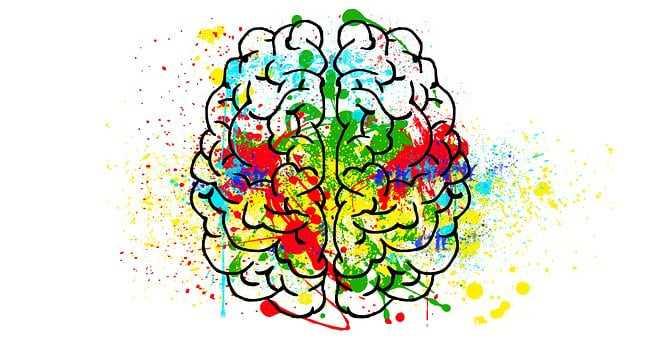Neuroeducation: exploring the potential of brain-based education
Curated from: nesslabs.com
Ideas, facts & insights covering these topics:
4 ideas
·4.37K reads
20
Explore the World's Best Ideas
Join today and uncover 100+ curated journeys from 50+ topics. Unlock access to our mobile app with extensive features.
Neuroeducation
Neuroscientists explore the biology behind processes such as the formation of memories, creative processes, etc.
Neuroeducation is a recent discipline that draws together researchers in neuroscience, educational psychology, and educational technology. Neuroeducation is about how scientific findings can be translated into the real world.
255
1.71K reads
The main applications of neuroeducation
- Attention. To learn, we need to be able to focus on some aspects while ignoring or excluding others. For example, reading this paragraph while ignoring the noise around you.
- Memory. Knowing how memory works and how you can make learning more efficient can increase your performance. Science-based techniques include interleaving and chunking.
- Executive control. Being able to plan, to create a sequence of steps, and to retain important information for short periods. While most happens in the prefrontal cortex, lots of research is needed to understand how executive control works.
- Social behaviour. Social Neuroscience is aiming to understand how our biology affects our social behaviours.
- Neurodiversity. Conditions such as ADHD (attention deficit hyperactivity disorder), dyscalculia (difficulty with arithmetical calculations), and dyslexia impact learning. Neuroeducation aims to understand how these conditions best adapt to the learning environment.
352
1.14K reads
Learning: In the classroom and beyond
Learning starts in childhood and continues into adulthood. Some learning happens in our spare time, and a lot in the workplace.
Many of the current applications of neuroeducation in the classroom are usable in the workplace. Since $80 billion is spent every year on corporate training in the United States, we need to ensure training interventions are effective. Neuroeducation could provide an answer, ensuring employees understand how the brain thinks, learn, and make decisions.
218
687 reads
Realistic expectations about neuroeducation
- Neuroeducation could be used to dispel harmful neuromyths about how people learn.
- Well-researched neuroscience findings in the area of learning and memory could be taught to students and employees.
- A more challenging step would be to teach these neuroeducation principles at scales while ensuring that people understand how to use them in a real-life context.
217
827 reads
IDEAS CURATED BY
Traveling can make you smarter, more creative and improve your problem-solving abilities.
Nash 's ideas are part of this journey:
Learn more about health with this collection
Strategies for promoting inclusivity
How to address unconscious bias
How to create a diverse and inclusive workplace
Related collections
Similar ideas
Read & Learn
20x Faster
without
deepstash
with
deepstash
with
deepstash
Personalized microlearning
—
100+ Learning Journeys
—
Access to 200,000+ ideas
—
Access to the mobile app
—
Unlimited idea saving
—
—
Unlimited history
—
—
Unlimited listening to ideas
—
—
Downloading & offline access
—
—
Supercharge your mind with one idea per day
Enter your email and spend 1 minute every day to learn something new.
I agree to receive email updates

